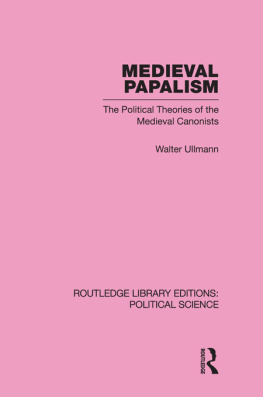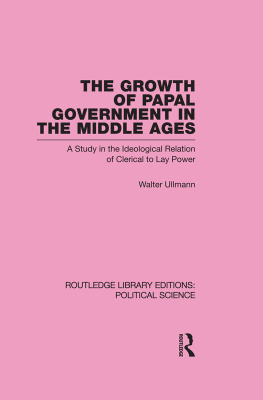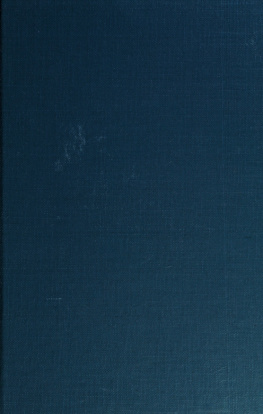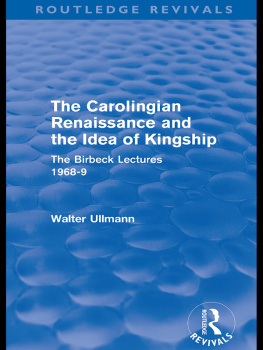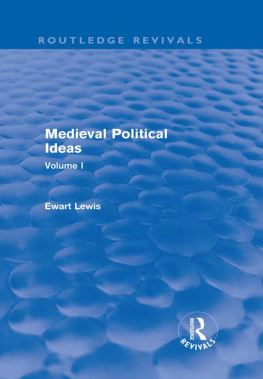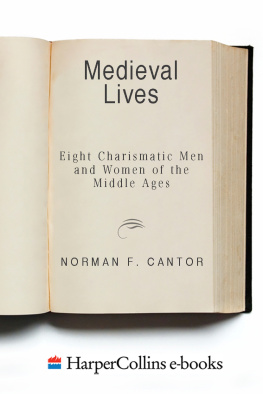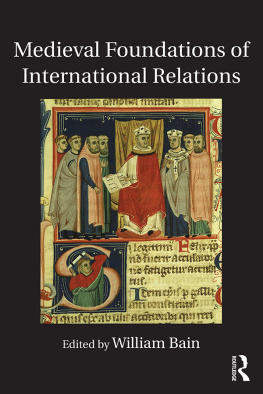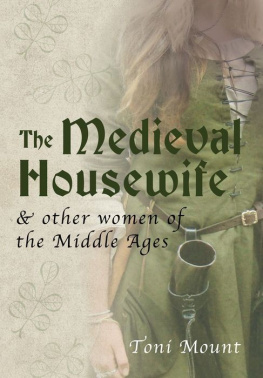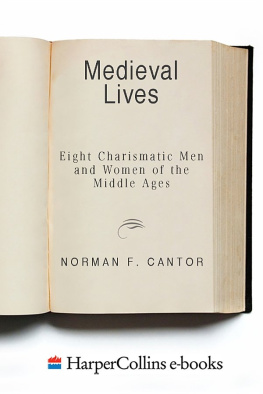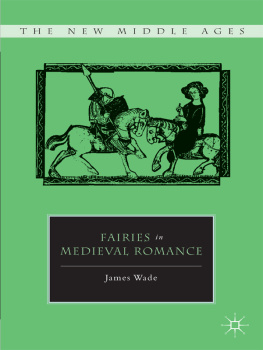First published 1949
This edition first published in 2010
by Routledge
2 Park Square, Milton Park, Abingdon, Oxon, OX14 4RN
Simultaneously published in the USA and Canada
by Routledge
711 Third Avenue, New York, NY 10017
First issued in paperback 2012
Routledge is an imprint o f the Taylor & Francis Group, an informa business
1949 Walter Ullmann
All rights reserved. No part o f this book may be reprinted or reproduced or utilised in any form or by any electronic, mechanical, or other means, now known or hereafter invented, including photocopying and recording, or in any information storage or retrieval system, without permission in writing from the publishers.
British Library Cataloguing in Publication Data
A catalogue record for this book is available from the British Library
ISBN 13: 978-0-415-49111-2 (Set)
Publishers Note
The publisher has gone to great lengths to ensure the quality of this reprint but points out that some imperfections in the original copies may be apparent.
Disclaimer
The publisher has made every effort to trace copyright holders and would welcome correspondence from those they have been unable to trace.
ISBN13: 978-0-415-65006-9 (PBK)
ISBN13: 978-0-415-55576-0 (HBK)
Preface
THE political concepts of the medieval canonistsa species of mankind that is virtually known only to librariansare hidden in dust-covered and worm-eaten tomes which have been relegated to sanctuaries usually inaccessible to the average student of mediveal history. With the breakdown of the medieval world the canonists and their doctrines were consigned to an oblivion that is at once unfathomable and undeserved. I believe that the reason for the extremely scanty attention paid nowadays to the canonists is that their ideas lie, as it were, in the shadowy no-mans-land between history and law. The historian is somewhat hesitant to overstep the boundaries fixed by tradition and custom. The lawyer, on his part, does not feel at ease when called upon to deal with politics and especially with the history of political thought. Each has a valid excuse for refraining from steeping himself in the wealth of material that confronts us in the works of the medieval canonists. The medieval oceanus juris extends far beyond the frontiers somewhat shyly set by contemporary legal thought. To anybody who has once wetted his feet on the shores of that vast and illimitable oceanus juris it must be clear that the floods, once allowed to break the dykes, are capable of infiltrating into spheres which were commonly thought to be beyond the pale of any canonistic influence. The field of political theory in particular is one that is the least immune from this influence. All history is a seamless webb was one of Maitlands happy phrases, and the present is part of it as well as the past. No apter demonstration of the unity of history can be found than the records of political ideas. It may very well be that modern ears are but faintly responsive to canonistic phraseology, but once stripped of inessentials, this phraseology may be the medium for conveying a large part of our Western heritage.
A lawyer converted to history, Maitlands chief aim was to show the development of the Western mind. As a pathfinder he was the first amongst modern scholars to examine ex professo that no-mans-land which lies between history and law. It is not only in his investigations into the constitutional framework and the institutional history of associations, but alsoand perhaps to a still greater extentin his researches into ecclesiastical history that Maitland, with his genial penetration, showed the immense importance of that no-mans-land. It is, to be sure, an unfortunate fact that the line of research so clearly marked out by the master, has not aroused that enthusiasm which it so richly deserved. I was therefore deeply sensible of the honour which the Managers of the Frederic William Maitland Memorial Fund bestowed upon me by inviting me to lecture on a subject connected with my researches. Indeed, I was fully conscious, not only of this great honour, but also of the very great responsibility which had thereby been placed upon me. For even the remotest connexion with Maitlands name must produce feelings of awe in the heart of every mortal. Who would not be prouder and, at the same time, feel the burden of responsibility more heavily than he who fascinated by everything that the name of Maitland implies, as yet is able to see only dimly the bright light of his star that is at once motive, aim and reason for his researches? Therefore, when I chose Medieval Papalism as the title of these lectures, it was with the avowed intention of attempting a small opening in the dykes of that vast oceanus medievalis juris so that the perennial, constructive value of the human plan and purpose in medieval times might be viewed from an angle undeservedly neglected.
These lectures are here presented in a slightly expanded form. They are primarily intended to indicate a hitherto little-trodden tract of medieval political thinking. The quite overpowering mass of untouched material necessitated that these lectures should be introductory in character. It is one of those inexplicable phenomena of modern historiography that these untapped sources seem destined to remain of a mere antiquarian interest. The wealth of canonistic material that confronts us in cathedral and college libraries is one more proof of the richness of medieval intellectual life, and also of the great interest which English scholars, in times gone by, must have had in canonistic studies. Since within the history of political thought the canonists have not yet found the position that is due to them, this book may serve as a very modest and humble contribution towards this end. The introductory character compelled me to select, firstly, only the very fundamental and basic aspects of canonistic political thought, and, secondly, those canonists who can be considered typical and representative of the schools. I have tried to give a survey of canonistic political thinking from the second half of the twelfth century down to the end of the fourteenth century. In view of the vast medieval literature, the material presented here is infinitesimal.
I am anxious to express my sincerest thanks to the Managers of the Frederic William Maitland Memorial Fund for the grant they have so generously advanced to meet the necessary expenses of collecting the material. In particular I would like to thank Professor H. A. Hollond, of Trinity College, Professor M. D. Knowles, of Peterhouse, and Professor Helen Cam, formerly of Girton College, for the very kind interest they have taken in my work.
To a number of librarians I am very much indebted for the readiness with which they met my requests. In the first place I am desirous of expressing my sincere thanks to Mr. H. M. Adams, the Librarian of Trinity College, for his patience, tolerance and constant friendly help. My special thanks are due to the Librarian of Durham Cathedral Library, Professor S. L. Greenslade, and the Cathedral Chapter, for the loan of some very valuable MSS.; also to Professor C. Jenkins and Dr. Irene Churchill for the loan of MSS. from the Library of Lambeth Palace. I must furthermore thank Professor G. Le Bras, of the University of Paris, and Mile Margaret Boulet, of the Bibliothque Nationale, for procuring photostats of a MS.; to Mlle Boulet I am also indebted for much helpful information. My thanks are also due to Sir Ivor Atkins, the Librarian of Worcester Cathedral Library; Canon W. H. Kynaston, the Librarian of Lincoln Cathedral Library; Chancellor F. Harrison, the Librarian of York Minster Library, for giving me access to their libraries. To the Librarian of Pembroke College, Mr. H. J. Habbakuk, the University Library in Cambridge, the Keeper of MSS. of the University Library of Edinburgh, the officials of the British Museum, the Keeper of MSS. of the National Bibliothek, Vienna, the Librarians of the Badische Landes Bibliothek, Karlsruhe, of the Laurenziana, Florence, and of the Cistercian Monastery, Zwettl, I offer my thanks for their allowing me to procure photostatic copies of a number of MSS. and tracts.

